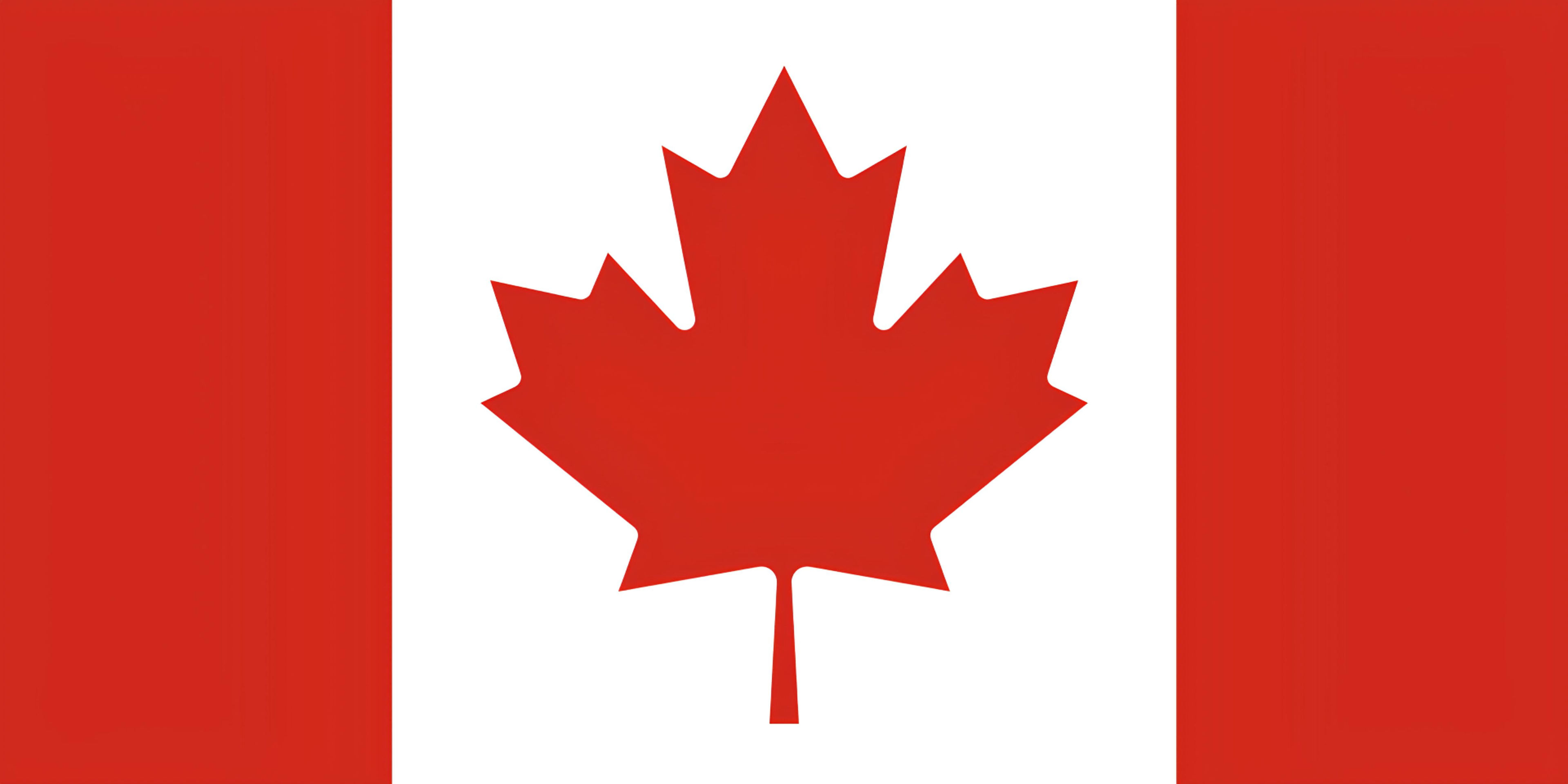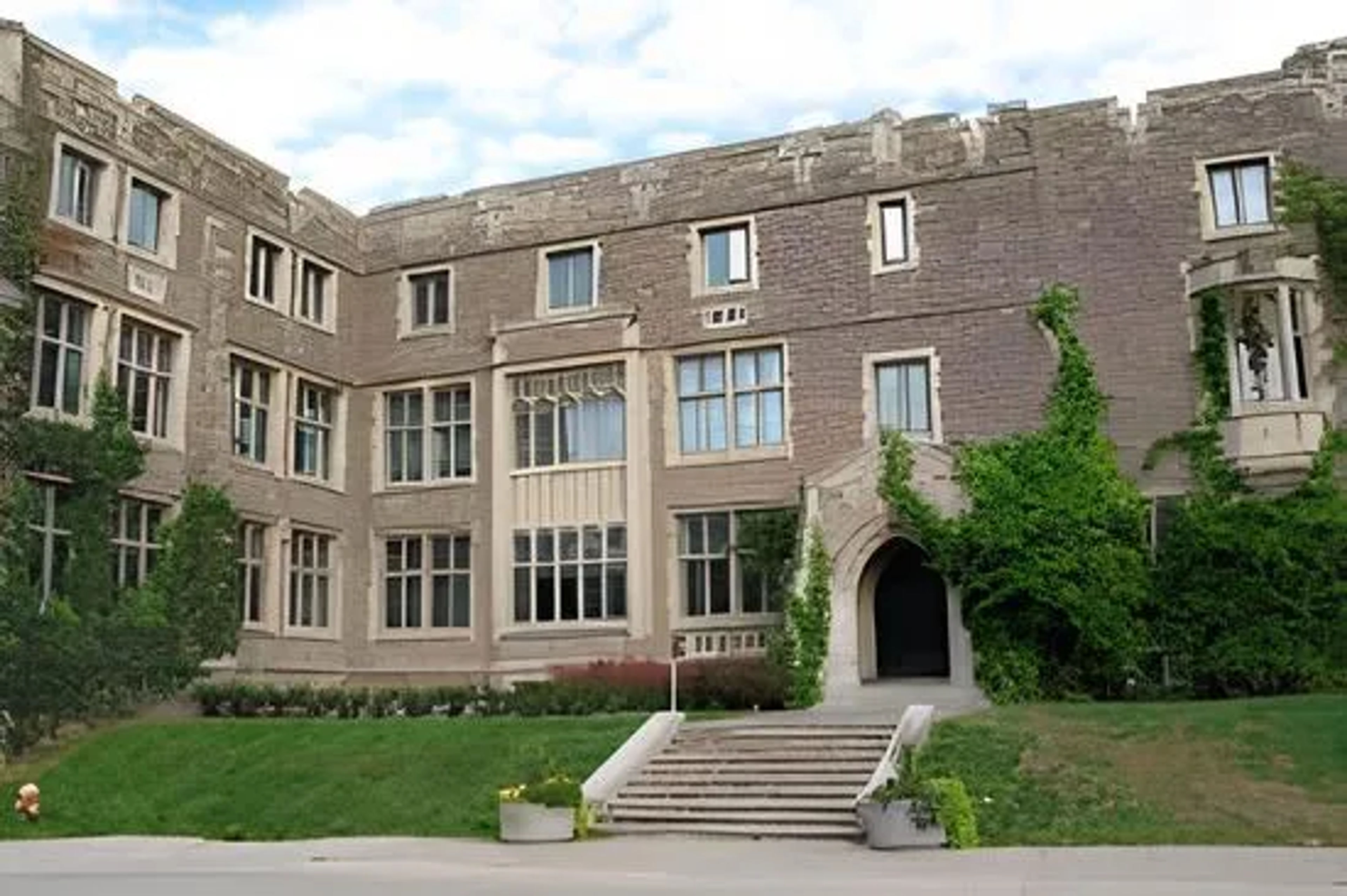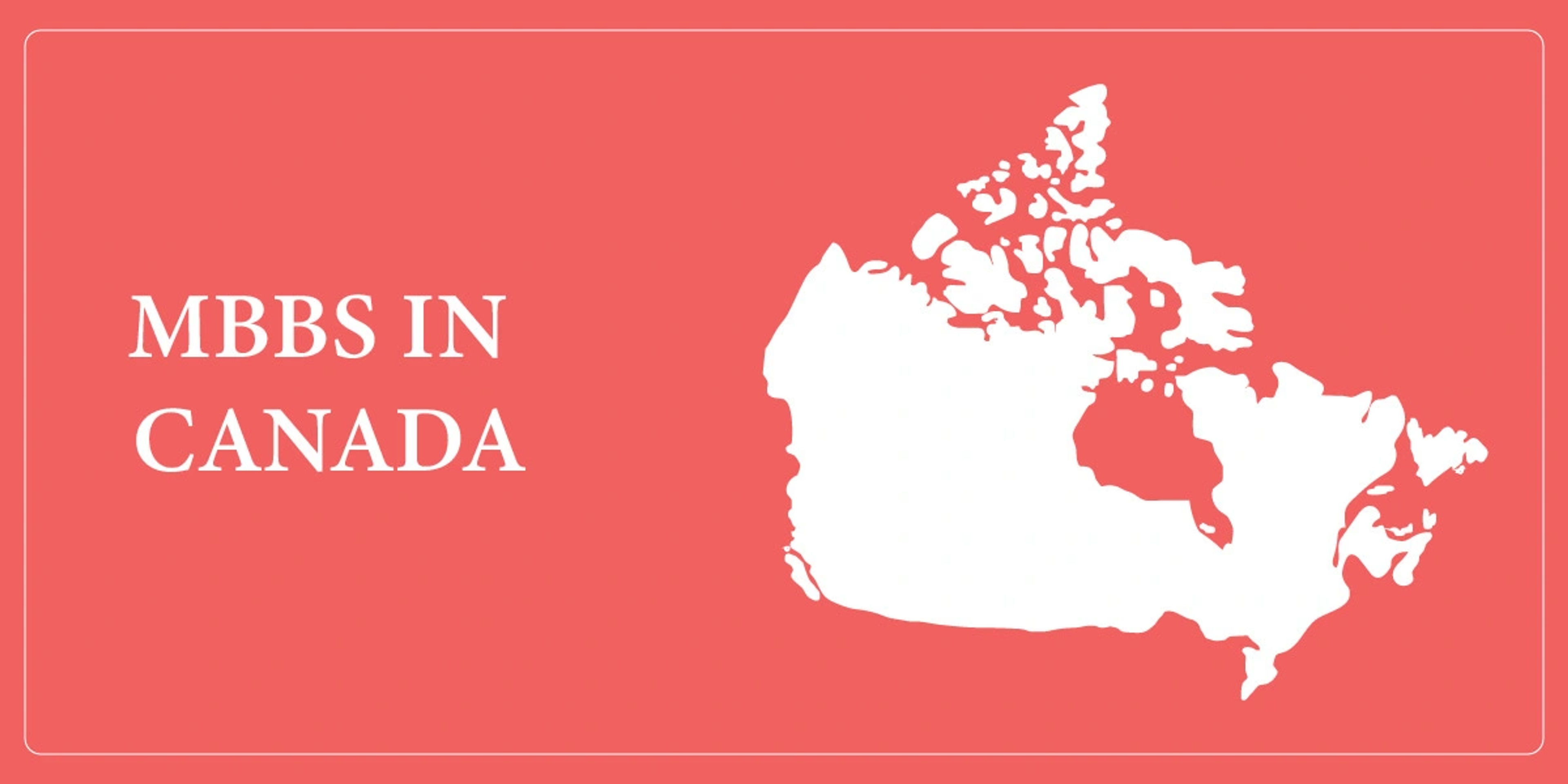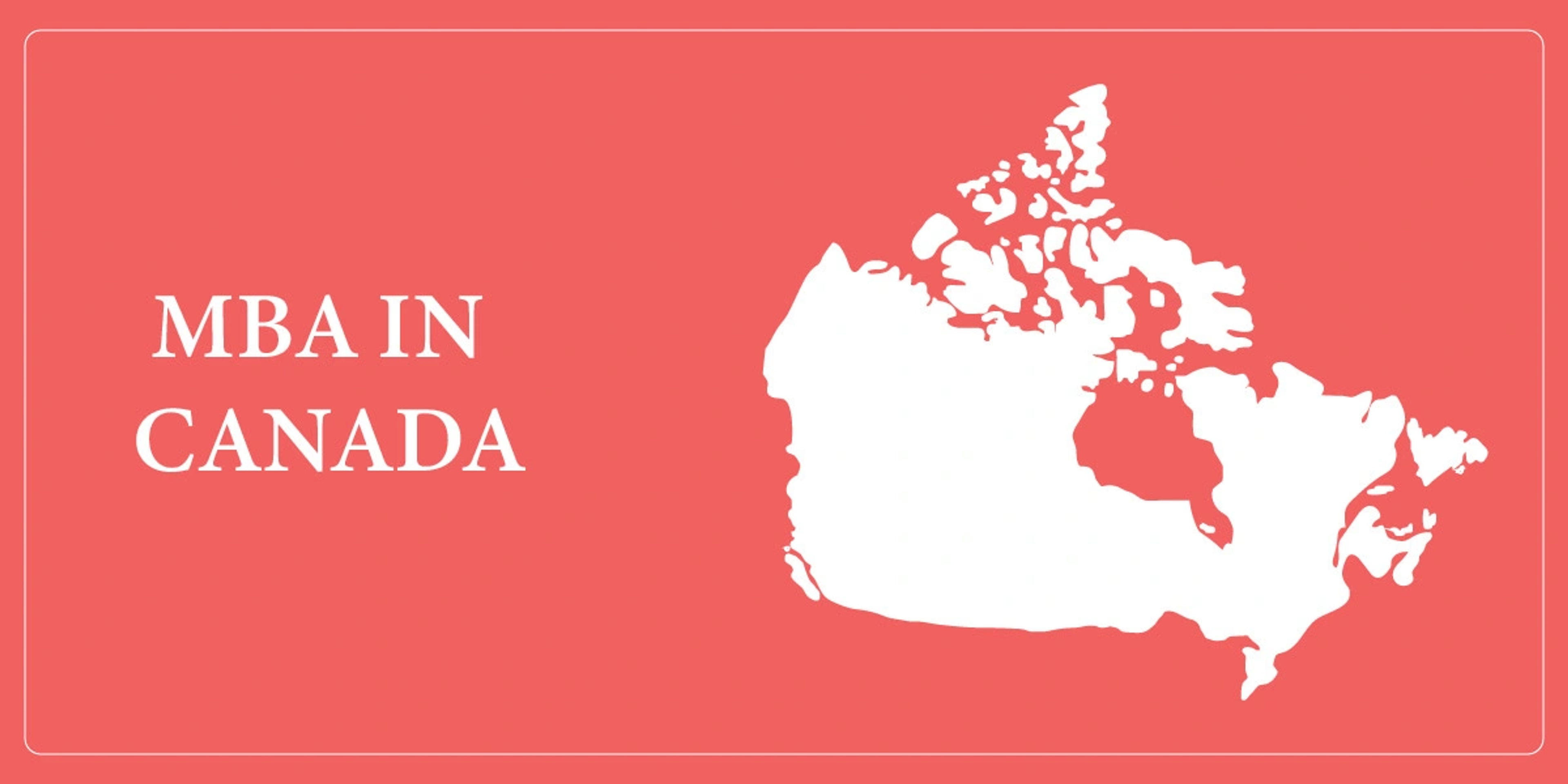Study in Canada: Courses, Admission, Fees, Universities
Discover Universities, Courses, Eligibility, Scholarships & More
Canada
Overview
Study in Canada with world-renowned universities, an affordable tuition fee, and choice of courses. Canada has been ranked as one of the top countries for education worldwide. Institutions are recognized all over the world for their academic excellence, providing programs in fields such as engineering, business, healthcare, computer science, and much more. Some of the top universities like the University of Toronto, McGill University, and the University of British Columbia-not only offer prestigious courses with tuition fees ranging from $15,000-30,000 per year, making them most cost-effective.
Students can pursue popular programs such as Computer Science, Business Administration and Healthcare, leading to high paying careers with average salary of $15,000-30,000 per year annually in sectors like Technology, healthcare and finance. Be it setting out to build your career, earn good skills, or be part of a vast culture. Studying in Canada is going to be a wonderful choice. Are you ready? Let's get deep into the real reasons why Canada is one of the hotspots for students across the world!
Study in Canada - Quick Highlights
Feature | Details |
Top Universities |
|
Popular Courses |
|
Average Tuition Fees | $15,000-30,000 per year depending on program |
Cost of Living | $10,000-15,000 per year depending on city and lifestyle |
Work while studying | Upto 20 Hours per week during semesters, full time during breaks |
Post Graduation Options | Post-graduation work permits allows work for 3 years after Graduation |
Languages | English and French are official languages, IELTS and TOEFL often required for admission |
Student Visa Success Rate | High Visa approval rates |
Why Study in Canada?
Studying in Canada provides a wonderful combination of high-quality education with cultural diversity, personal growth, and professional opportunities. Here is why Canada is an outstanding study destination:
1. A World-Class Education
Canada is home to some of the most famous universities in the world and is known for its academic excellence, cutting-edge research, and modern facilities. Degrees obtained from Canadian institutions are valid, internationally acceptable and acclaimed.
2. Affordable Tuition Fees
Compared to other popular study destinations in the U.S., U.K., and Australia, Canada offers a much more affordable education in terms of tuition and living expenses.
3. Diverse Course Options
Whether your choice is engineering, healthcare, or business and arts, Canada has a program that matches your interest and career goals. Most schools will also offer co-op programs in which classroom learning is integrated with work experience.
4. Multicultural Environment
Canada stands for an open and friendly society. Cultural diversity prevails among students from around the globe leading to creating an international network of friends and associates.
5. Work While Studying
The students can work up to 20 hours weekly while studying. Post-graduate work permit allows graduates to work in Canada for up to three years after their studies, opening their doors to permanent opportunities. Permanent residency immigration is also available.
6. Safe Living Conditions
Canada is one of the most peaceful countries in the world with a high-life standard available on healthcare and public transportation to community services.
Canada merges quality education with real-life opportunity, the perfect place to start your bright future!
Study in Canada - Intakes Available
Universities and Colleges of Canada generally have three major intakes:
- Fall(Primary) Intake
- Duration: September to December
- Application Deadline: December to March
- Details: Most Popular intake with various courses and scholarship opportunities.
- Winter(Secondary) Intake
- Duration: January to April
- Application Deadline: September to November
- Details: Suitable for students who miss the fall intake; fewer courses and limited availability.
- Summer(Limited)
- Duration: May to August
- Application Deadline: January to February
- Details: Limited programs, mainly short courses, diplomas, and specialization like certifications.
Study in Canada - Job Prospects
Canada provides job opportunities for international students beginning from during their studies and off their studies. Following are job prospects available in Canada.
1. Work While Studying
Part-Time Jobs: Students can work up to 20 hours per week during semesters and full-time during scheduled breaks.
On-Campus Jobs: Any employment within the university, like barring library-given employment.
Eligibility requirements to work off-campus without a work permit
- You have to be a full-time student at a Designated Learning Institute.
- You have to be enrolled in either a post-secondary program or secondary-level vocational training program(Quebec Only).
- You must have a Social Insurance Number(SIN).
- Part-time students can work in their finl semester and were previously full-time.
Work Limitations
- You can work up to 24 hours per week during school working days.
- Can work for Unlimited hours during scheduled breaks if you are a full-time student before or after break.
Prohibitions
- You cannot work before starting studies or if enrolled in general interests, language programs.
- You Cannot work if study conditions or eligibility requirements change.
Changing Work Conditions on Study Permit
- You can apply for a change of work conditions on a study permit if switching to an eligible program or meeting new conditions.
- A fee applies to update the permit.
Working after Completing studies
- You can work full time if a work permit or Post-Graduaction Work Permit(PGWP) application is submitted before the study permit expires.
- You may work between programs if starting a new study program within 150 days of completing the previous one.
Industry-wise Job Opportunity
- Technological sector: Software Development, Cybersecurity, and Data Science.
- Healthcare: Nursing, Pharmacy and Dental Science
- Engineering: Civil, Mechanical and Environmental engineering.
- Business and finance: Marketing, accounting and management.
16
Universities
3500 USD
Cost of Living
2
Work permit duration
International Students
Canada
Top Universities
Canada's top universities stand distinctly among others in the world for providing excellent education, research, and innovative programs. They offer world-class facilities, a wide variety of academic programs, and very good support services for international students. The following table shows the data of the top Universities of Canada:
Canada
Popular Courses
In 2022, more than 8 lakh students shifted to Canada to pursue popular courses. Multiple courses are highly popular in Canada, such as Computer Science, Engineering, Business Administration, and Medicine. Program degrees include Undergraduate, Graduate and Diploma, and usually last between 1-4 years. Here are the details for the popular courses offered in Canada:
- Computer Science
- Business (MBA)
- Engineering
- Health Sciences
- Physiotherapy
- Information Technology
- Animation and Gaming
Canada
Admission Process
While applying to Canadian universities, there are many important steps to be followed to complete your application successfully. This will give you an overview of the whole procedure:
1. Research Programs and Universities
- Find out universities and programs that correspond to your career goals.
- Check entry requirements; tuition fees; and available scholarships.
2. Choose Your Intake
- Choose an intake according to your readiness and availability of courses (Fall, Winter, or Summer).
3. Prepare Required Documents
- Full academic transcripts (high school or previous degrees).
- Language proficiency test scores (IELTS/TOEFL for English or TEF for French).
- Statement of Purpose (SOP) or Personal Statement.
- Letters of Recommendation (LORs).
- Valid passport.
4. Apply to Universities
- Applying is done through either the university's website or through centralized platforms (e.g., Ontario Universities' Application Centre).
- Pay application fees (which range from CAD 50–200 per application).
5. Wait for the Admission Result
- Universities reply in 4-12 weeks with an offer letter, which could be with or without conditions.
6. Accept the Offer and Pay Tuition Deposit
- After getting an offer from university, Pay the advance tuition fee on the official website to confirm your seat.
7. Apply for a Study Visa
- Collect the required documents and Apply online on the official website of the Ontario Government.
8. Plan Your Arrival in Canada
- Arrange accommodation, travel and medical insurance and plan your departure according to your classes commencement.
Canada
Cost of Studying
Canada provides an opportunity to pursue world-class education at a low cost. The cost of Studying in Canada for undergraduate studies varies from $15,000 - 30,000. Average living costs go from $10,000 - 15,000 per year. Scholarships and part-time employment help the students cope with the cost of studying. Following table shows the data about the cost of studying in Canada:
Category | Costs (In CAD) |
Tuition Fees | Undergraduate: $15,000-30,000/year |
Postgraduate: $15,000-25,000/Year | |
MBA: $30,000-60,000/Year | |
Accommodation | Off-campus: $400-1,500/month |
Food | $250-400/month |
Transportation | $80-150/month |
Health Insurance | $600-1000/Year |
Book and Supplies | $500-1000/Year |
Miscellaneous | $200-300/month |












